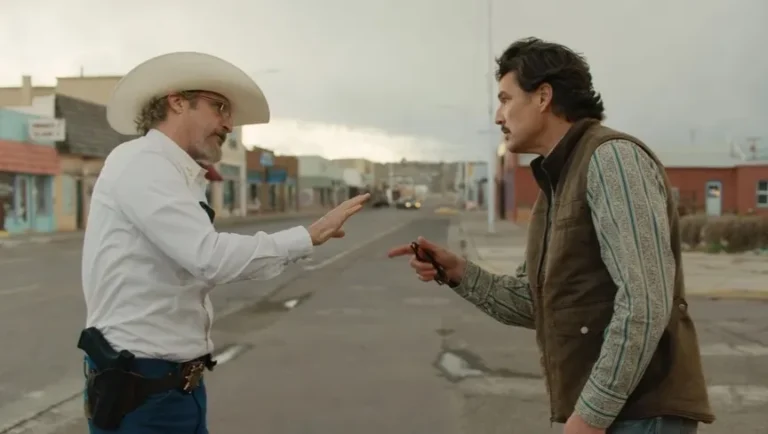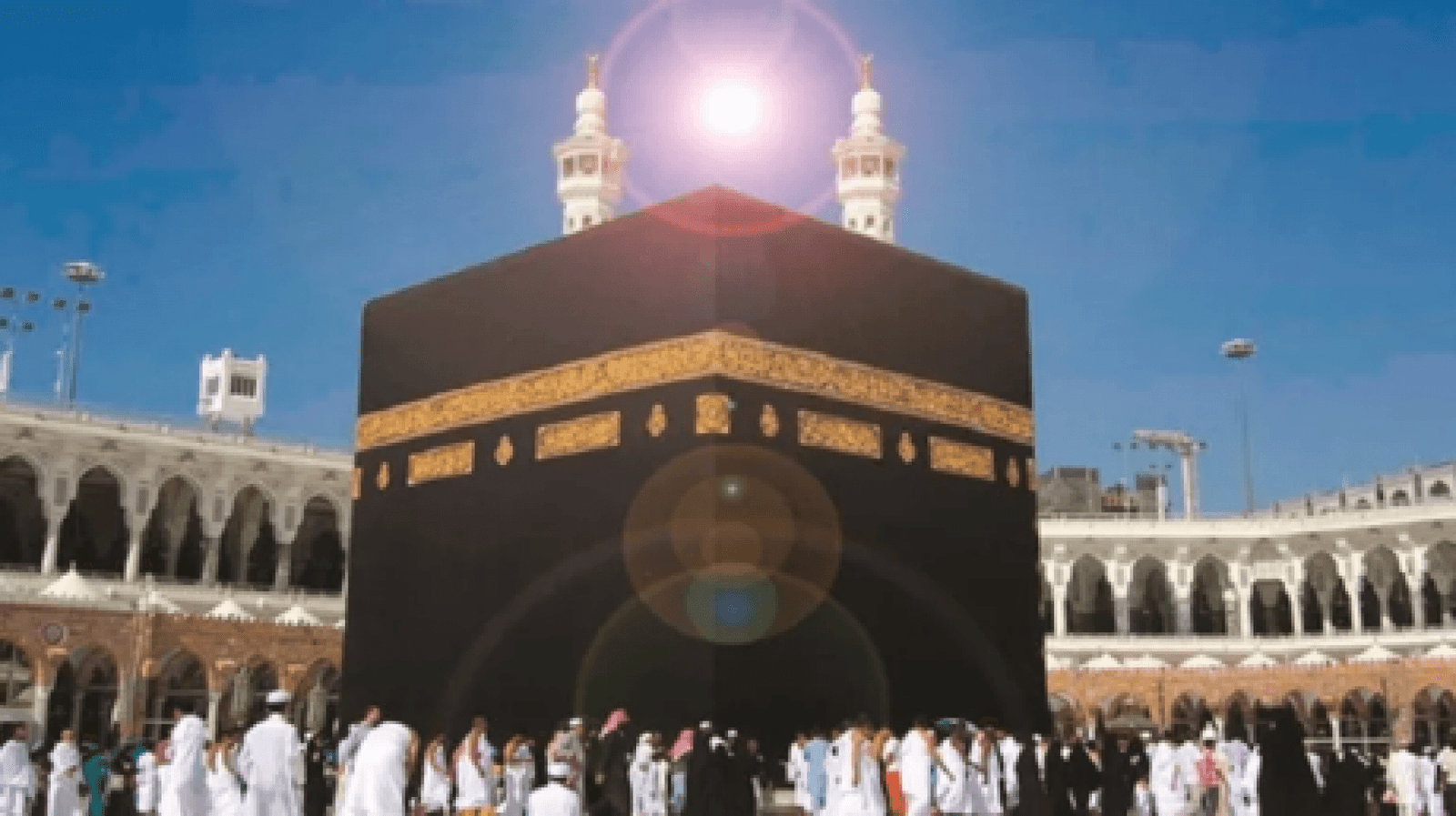Agencies / Two years after his last film, Beau Is Afraiz, American director Ari Aster returns with his new film, Eddington, in the official competition at the Cannes Film Festival. He carries a heavy burden of expectations on his shoulders. However, what he presents here, despite its unbridled ambition, falls short of what we’ve come to expect from this rejuvenated director, who, in just a few years, has become one of the most controversial and interesting voices in the American independent cinema scene, since his remarkable debut with his feature film, Hereditary, in 2018.
It’s true that Aster still possesses that ability to craft scenes charged with mystery and biting sarcasm, and that he insists on exposing the fragility of the psychological and social structure of American society. However, in this film, it seems as if, in his attempt to comprehend the madness of the American moment, he too has fallen into the trap of that moment, seeing the world only through a cracked mirror.
A Platform for Political Chatter
Eddington attempts to be a metaphorical mirror of America’s reality during the height of the COVID-19 pandemic in the summer of 2020. Aster chooses to express this moment through a fictional political detective story set in a small town in New Mexico, depicting a collective psychological crisis resulting from isolation, fear, and uncertainty.
In Trump’s and post-Trump’s America, the average American is suspended between the horror of the pandemic, the emptiness of digital isolation, and the merciless violence of the media. He has become a wanderer, living according to the dictates of the closed echo chambers of social media, embracing myths and abandoning scientific certainty, voraciously buying canned lies, and experiencing a split between individual and collective identity.
The technical premise of Eddington seems promising, placing us in the lives of a rebellious sheriff (Joaquin Phoenix), a depressed wife (Emma Stone), and a domineering, conspiracy-minded mother (Deirdre O’Neil). But this promise is quickly dashed by a barrage of crude political and social rhetoric.
Aster attempts to raise questions about the meanings of truth, power, and societal division, but he does so with a rhetorical flourish that lacks his usual cinematic flair.
Instead of making his characters complex dramatic tools that speak between the lines, he falls into the trap of turning them into mouths shouting familiar slogans about lockdowns, masks, and movements like Black Lives Matter (BLM), Q Anon, Pizzagate, and other features of the American post-truth landscape.
Eddington suffers from an overabundance of narrative material, with Aster turning every scene into a platform for straightforward political analysis or for cracking crass jokes about the alienation of the contemporary American person.
While in Hereditary and Midsommar he employed symbolism to serve his nightmarish narrative world, here he falls completely into the trap of direct rhetoric, so much so that the film, at many moments, resembles a long essay on Trump and post-Trump America, rather than a vibrant cinematic work.
Falling into Repetition
The film doesn’t even escape the pitfall of repetition; it recycles the same tropes we’ve become familiar with in American media during the pandemic years, without adding the layer of depth and psychological analysis that characterized his previous works.
Even the performances of the actors, led by Phoenix, appear dull, repetitive, and lack any touch of distinction or internal tension.
Visually, a characteristic that emerged in Aster’s previous films through his partnership with high-caliber cameramen, Eddington appears devoid of the tense aesthetic that characterized some of his earlier works. The photography appears routine and devoid of creativity, as if the script, laden with rhetoric, has exhausted the technical team and robbed them of the desire for visual experimentation.
Even the soundtrack, while adding some tense atmosphere, feels like it belongs in another, more terrifying and nightmarish film than this one, which is drowning in a pile of events and complexities without any result.
What remains of Aster?
In my opinion, Eddington represents the culmination of Ari Aster’s current artistic crisis. He is a director who wanted to keep pace with the current political moment, but failed to create a new cinematic language consistent with it.
In his frantic quest to analyze the malaise of American society, Aster lost the spirit that made his early works more than just horror films; they were psychological experiments revealing deep wounds. Here, however, we have nothing more than a giant political poster, feeding off the public’s consumption of popular debate without offering anything new. On the one hand, he doesn’t lose his courage in exposing the ugly faces of American society and doesn’t hesitate to touch on burning political and social taboos. On the other hand, he falls into the trap of showcasing grand ideas at the expense of a lively cinematic language.
Perhaps one of the film’s crises lies in its more subtle and intelligent re-creation of what Todd Field did in Tar, when he confronted the question of power, art, and identity within a music room. Aster, however, chooses to shout in public squares, leaving little impact.
Eddington is a failed attempt by a director who was once considered one of the most innovative and distinctive voices in American independent cinema. However, in this film, he delivers a fragmented work that falls short of his personal and artistic ambition. It’s as if we’re dealing with a director immersed in the maze of the broken American mirror, unable to capture its fragments with a truly cinematic eye.

















